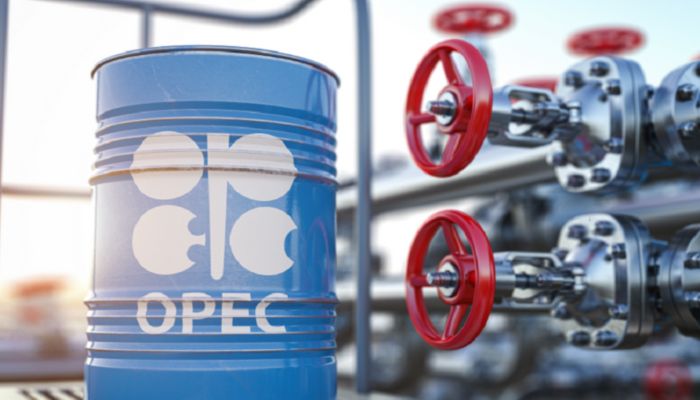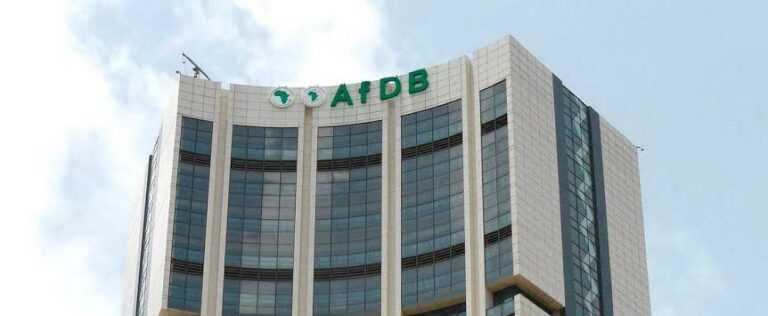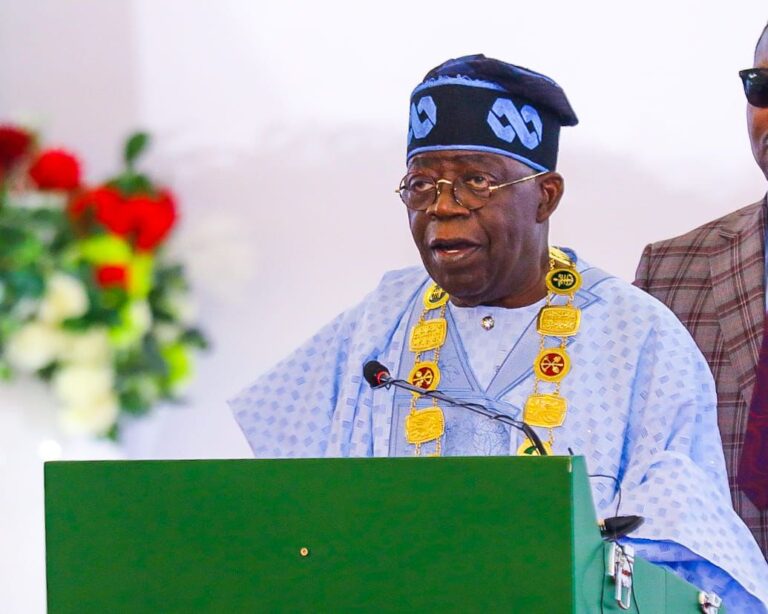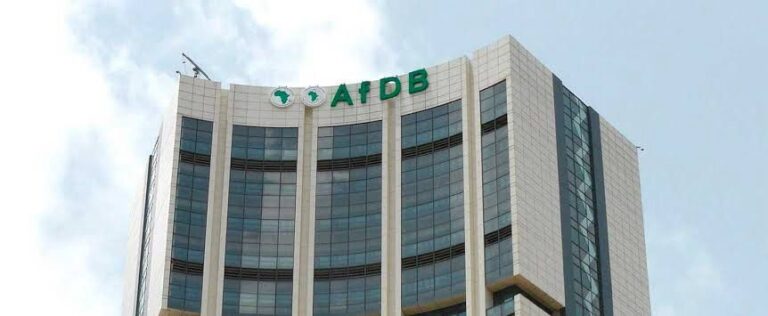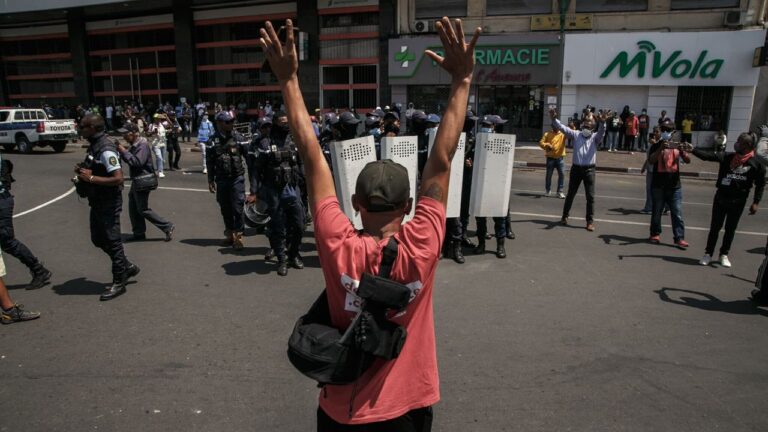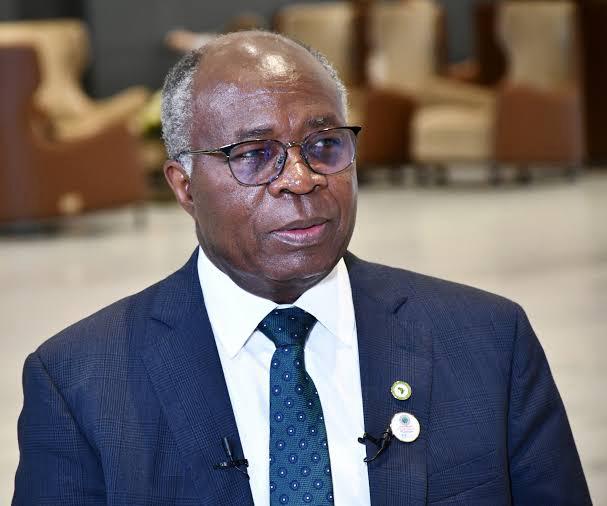The alliance of oil-producing nations OPEC+ announced a three-month pause on its planned production increases, citing a cautious approach to the global oil market heading into the new year. Following a virtual ministerial meeting on Sunday, the group confirmed it will suspend further output hikes for January, February, and March 2026.
The decision comes after the alliance agreed to a modest increase of 137,000 barrels per day (bpd) for December 2025, an increment that mirrors the pace set for the preceding two months. This final hike of the year will be followed by a strategic standstill, which aims to stabilize prices against a backdrop of seasonal demand weakness and heightened market uncertainty.
OPEC+, led by Saudi Arabia and Russia, justified the temporary freeze by citing seasonal demand slowdown, which typically occurs during the early months of the year.
“Beyond December, due to seasonality, the eight countries also decided to pause the production increments in January, February, and March 2026 as detailed in the table below.” OPEC+ said in a statement.
The group had announced a voluntary cut of 2.2million barrels per day (bpd) in 2023 to reduce over supply. However in April 2025 the group started unwinding the cut back into the market introducing a steady 137,000 bpd production hike to reclaim market shares.
June to November the group continued unwinding 137,000bpd into the market each month. This December increase is the final till second quarter of next year.

Forecasts for the 2026 market have been mixed, with some agencies projecting a significant surplus if supply continues to increase while global economic growth, particularly in major consuming nations, remains volatile.
In early Monday trading, the news provided immediate support to oil prices, which had seen a degree of weakness in recent months due to oversupply fears. Brent crude futures and U.S. West Texas Intermediate (WTI) crude both saw an uptick, suggesting that traders viewed the production pause as a positive step toward balancing the market.
The decision is seen as limiting the downside risk for crude prices by holding back the influx of new barrels during a traditionally low-demand period.
The continued geopolitical risks, including ongoing tensions and new U.S. sanctions targeting major Russian oil firms, also contribute to the market’s cautious sentiment, making OPEC+’s move to protect prices all the more timely.
The group of eight participating countries, which includes major producers: Saudi Arabia, the UAE, Iraq, Kuwait, and Kazakhstan, reaffirmed that their voluntary production adjustments—totaling 1.65 million bpd—may be “returned in part or in full subject to evolving market conditions.”




